What’s Left of the Old Guard and What’s Next for Those Who Come After
Games media isn't in a good place, and things aren't getting better, so what comes next?
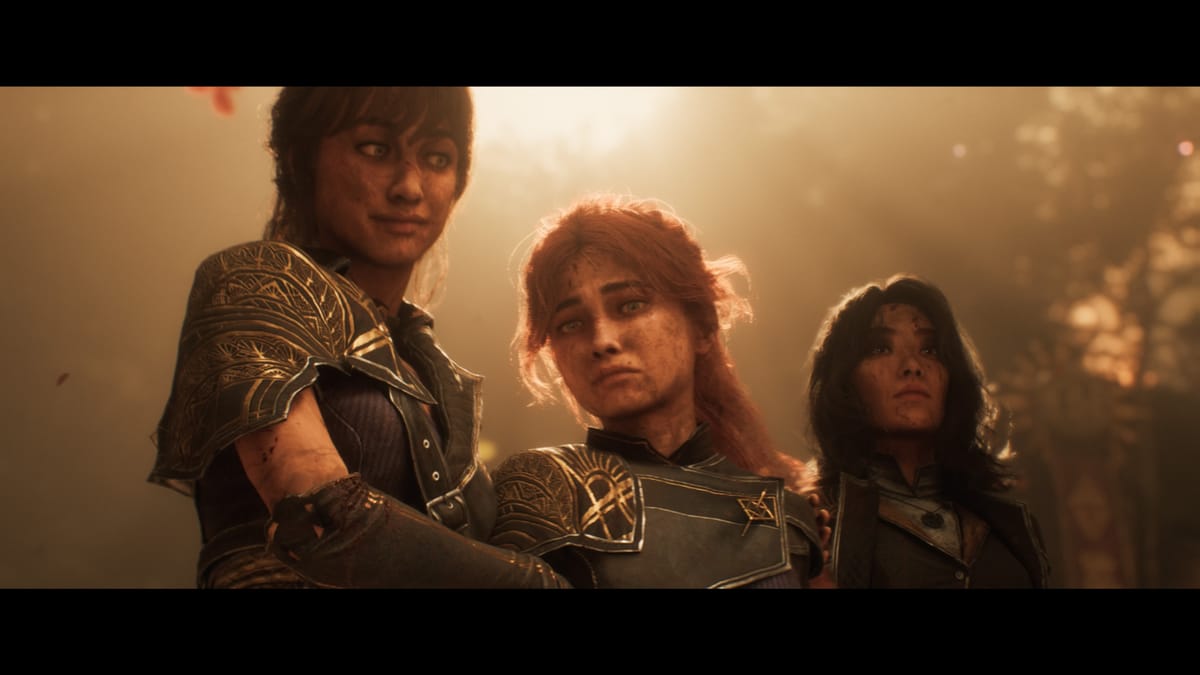
A few weeks back, I briefly said “hi” to Xalavier Nelson Jr. at a games summit in Galway while I was hurriedly trying to make a bus back home. I’d interviewed him a week before the show about the state of game development in 2025, but during his talk, he mentioned that he used to be in the games press, one of countless games media alumni who’s left/fled the sphere after several years of trying to make this games criticism thing work. As I left, I mentioned that I’d love to talk to him about his time writing about games instead of for games, and he very offhandedly said something I haven’t been able to stop thinking about.
“It’s funny, every generation of game journalists will talk to the next generation and be like ‘You should have been there in my day. We saw some shit’,” and he’s totally right. You hang around for long enough, and you’ll be regaled with tales of editors doing a quick line so they can hit a deadline at a random British computer magazine you’ve never heard of in the early '90s. Talk to folks from the .com boom, and you’ll hear about excessive press trips to Vegas and all-nighter E3 writing sessions propped up by a handle of whiskey. Chat with those from the mid to late 2000s, and you’ll hear about Kane & Lynchian tales of the constant interference of sales teams that decided they had great ideas. Then you have the GamerGate generation, who are so scarred by years of bad-faith harassment, you should probably not start talking to them about that stuff unless you’re already well acquainted.
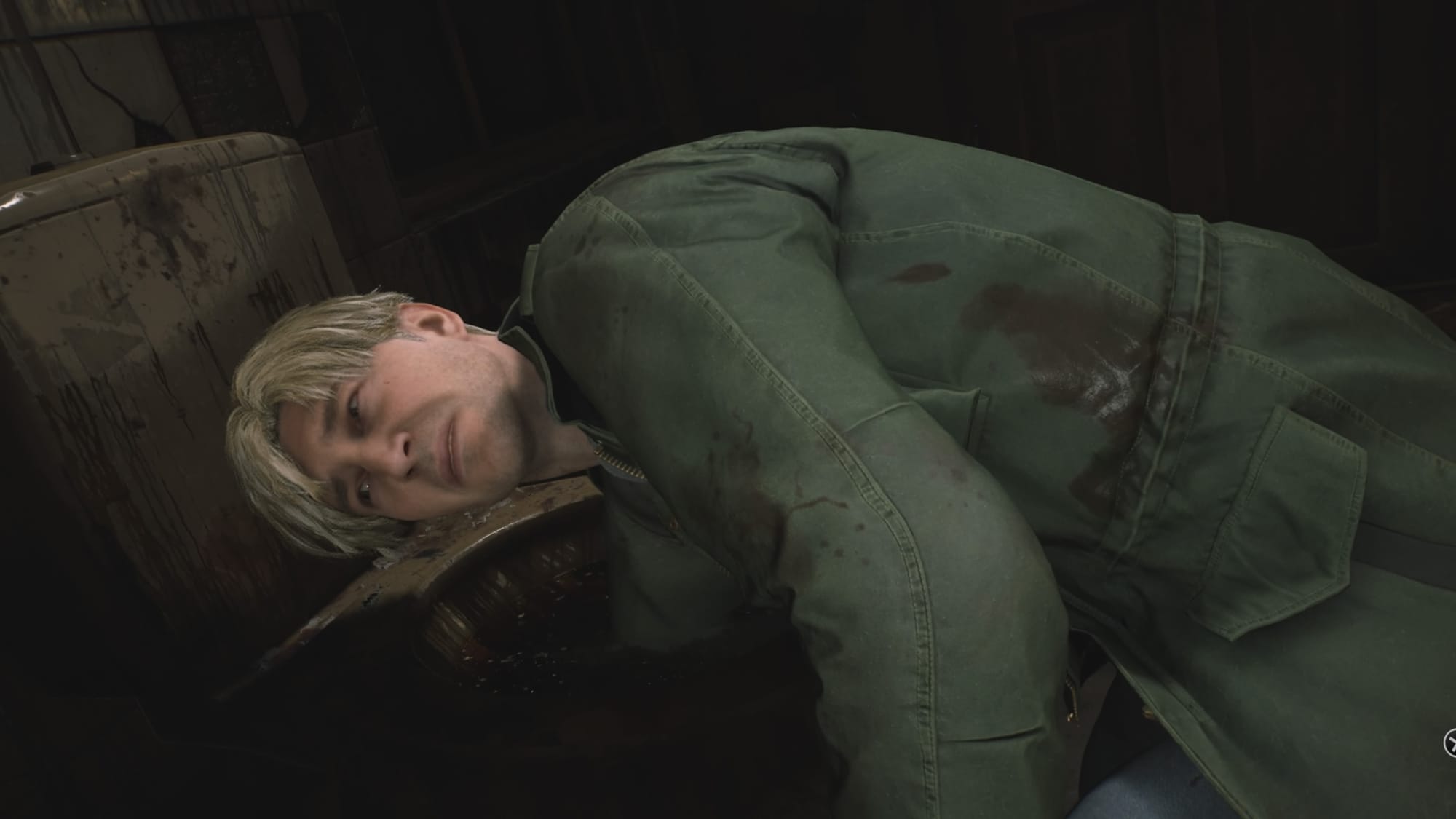
Since then, from 2015 to now-ish, the tale from lapsed journos is usually of constant corporate ineptitude, a tale that generally ends with an evil guy in a sports blazer and t-shirt selling your business to an even more evil guy in a puffer jacket and dress shirt because he ran out of ways to make it look like this thing he bought grew exponentially this quarter. All the while, both evil idiots set higher and higher quotas and demands while reducing the availability of tools and financial support you need to do your job. Games media is effectively a recurring pattern of worker exploitation.
Everyone has seen some shit. And even if that shit is different in some ways, it's still basically the same. It’s some shit, man. You should have been there.
Which begs the question. Why the does “some shit” keep happening? After 30 years, why does it still feel as if almost everyone working in games media is getting shoved in lockers like they’re a nerdy kid starting their first day in a new school?
The answer is pretty obvious, and I’m far from the first person to diagnose it. People just don’t last too long dealing with this nonsense, and the knock-on effect of that is that this part of the media or games industry (depending on how you view yourself), really hasn’t matured much since the computer magazines of the 80s. The half-life for most game journos is about five years. If you last longer than that, there is a pretty good chance you’ll say “fuck it” and move across the aisle and get a job in PR, development, or publishing. If you last fewer than five years, you’ll just call it quits and leave the industry, because PR, devs, and publishers usually aren’t hiring anyone without “at least five years of staff experience.”

We - games media - have maybe two dozen journalists, around the world, who’ve been doing this for over 15 years. And pretty much none of them are doing all of that at one company. It feels like it's everyone’s first day on the job because odds are, it's not far off. Sites lucky enough to have owners that let them have an Editor-In-Chief, either throw someone young without much management training into the role or one of the two dozen old-heads get the job.
Both of these scenarios create problems because there really is no middle ground anymore and no way for the first to become the latter. You’re either a grizzled veteran who almost exclusively works with people you know and have been working with for years, or you're green as hell and spend half your day getting yelled at by someone who’s never played a video game in their life, trying to figure out how morally ok you are with overseeing the exploitation of freelancers. As a result of these being the only two real types of games media management, the old heads just get older and more certain that the only way to work is by employing the four people they have employed for the last two decades. The young guns burn out quicker and quicker, because their inexperienced bosses can’t protect them from evil puffer jacket men.
Mentorship has always been terrible in games media. I started running startmenu, a website set up to help mentor and guide young people trying to get into games media, less than three months after my first freelance piece, because the two founders got jobs that paid and threw me the key. Despite that, I’ve been comparably lucky, getting my work thoroughly examined and often times, deconstructed by editors at Waypoint, Fanbyte, Polygon and more. But even then, it's not like I’ve ever had someone guiding me on how to do this, despite a journalism degree in my pocket, I’ll tell you right now, most of my muckracking ability is self-taught.
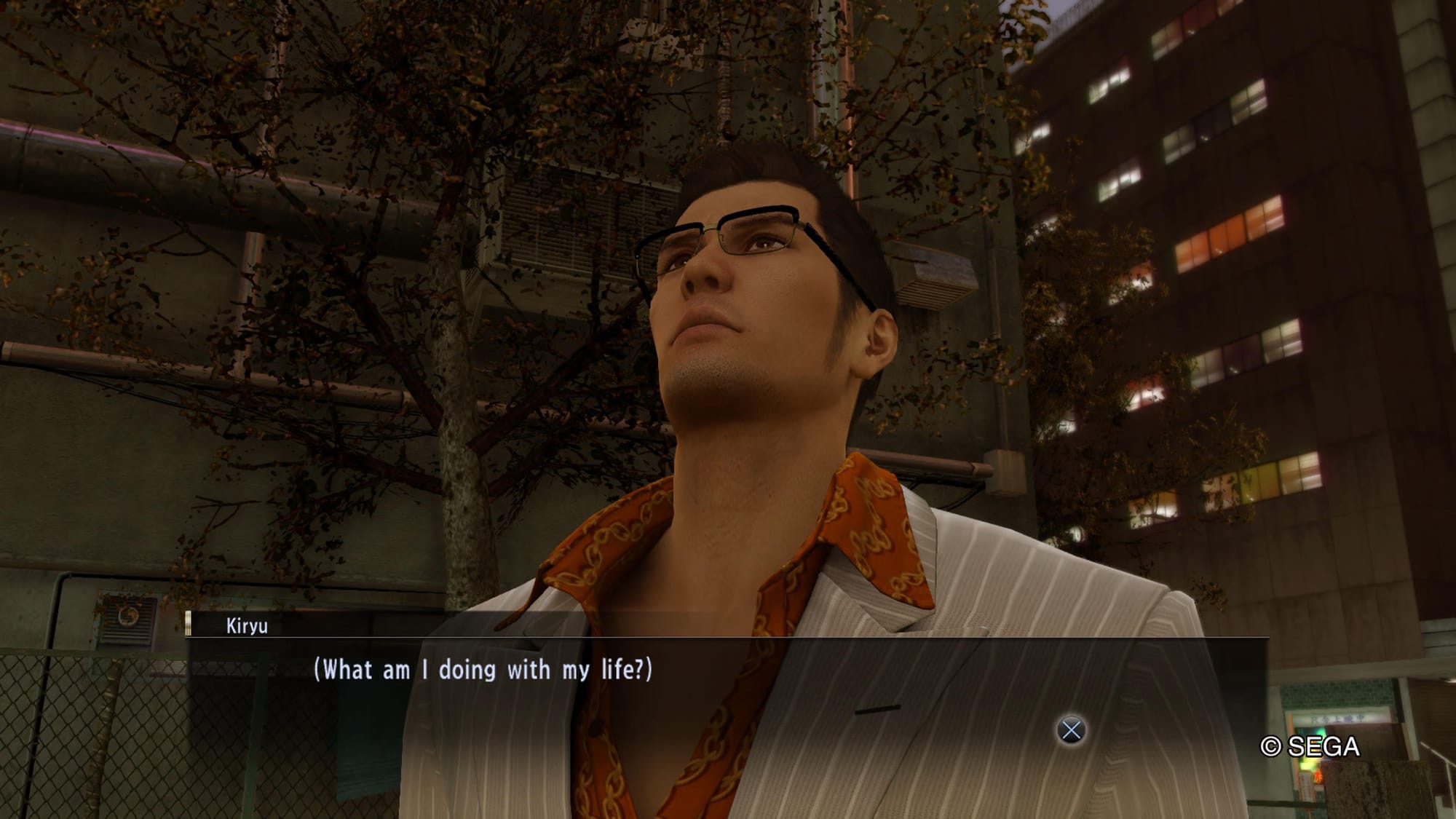
At this point, we should be frank, we - as an industry - are far enough down this path that there is probably no turning around. The sites that churn through young and starry-eyed writers until they quit are just going to keep doing that. And the outlets run by those who have been around long enough to have some sway in the biz will eventually find a way to push those experienced voices out, so they’ll start a consulting firm or a Patreon.
Where does that leave games media? Two dozen successful Patreons, and hundreds or thousands of burnt-out freelancers? Maybe.
This sucks, and it's going to keep on sucking as long as we keep doing the exact same thing, generation in and generation out. I genuinely do not know what, if anything, is the solution. I do know what’s making this worse.
Clair Obscur came out the other week, and it reviewed really well. So did Blue Prince less than a week earlier, and Split Fiction before that. Anyway, at some point I looked at Bluesky, the new discourse platform du jour for our business, and I saw that the conversation being had by some experienced folks was that “too many games these days get reviewed well”, “we don’t see the plethora of scores we used to”, and its mainly “because, this generation of writer is either overly enamoured with playing new games before anyone else or is just plain soft.” I’m going to be real with you: It really pissed me off.
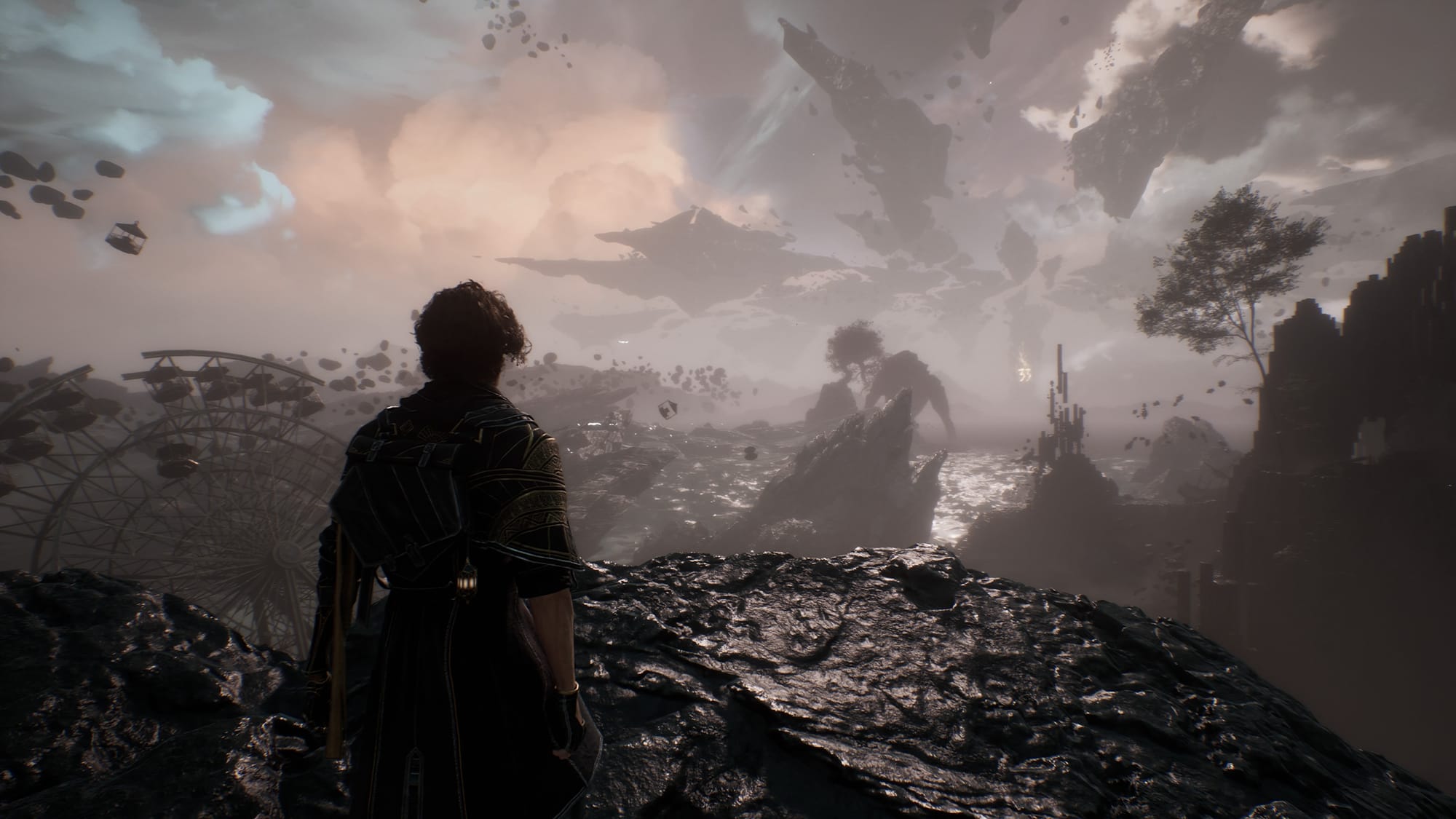
If you have been in the industry for more than a year, you should know not to pass comment on the potential quality of an unreleased game that you haven’t played yet. If you have been around even a little bit longer and think about the industry to any degree, you should know why game scores are going up.
In 2025, The Games Media usually only get to review the most popular new releases, and most of the extremely popular games in 2025 are pretty good. The audience is savvy and knows what popular games are and what makes them pretty good. For the most part, the only games that get highly anticipated by the audience are the ones that end up being of a baseline of quality. And because the audience wants to mostly read about said popular thing, we mostly write about the popular thing… and it turns out… Most of them are pretty good.
Video games are a mature industry with discerning consumers. We’re not out here writing product reviews for parents telling people to stay away from Big Rigs Over The Road Racing anymore because most gamers know a Big Rigs when they see the first trailer for a Big Rigs at showcase number 200 for the year. It’s why, despite Harry Potter: Quidditch Champions having a big licensed attached to it, it was only reviewed by 30-odd outlets, because everyone knew it was going to only have a few hundred players during its peak. This is why it was only me and 21 other people reviewing Orcs Must Die! Deathtrap because players who saw one trailer for that months ago instantly knew they didn’t even need to read a review of it.
We know why Metacritic averages go up. So why are you, someone who I would've assumed knows better, taking this opportunity to dunk on the folks just playing their damn role this is pantomime? The game media isn’t in a good place right now. We are all just playing the same tune for diminishing returns, but I’ll tell you now, the last thing that will help make things better is Mean Girls sniping over the same discourse we have every three years because most of the people who had it last time have left for PR. This isn’t to take a shot at anyone who got in on this mild discourse dunk train saying “Gamer Games [dot] Com give everything 10/10”. I really don’t care if saying “kids these days, huh?” is how you get a little self-satisfaction right now. That’s fine, we’re allowed to be curmudgeonly once in a while when everything is shit. What this is, is a plea to the handful of games journalists who have been around for a while, who do have a little bit of sway.
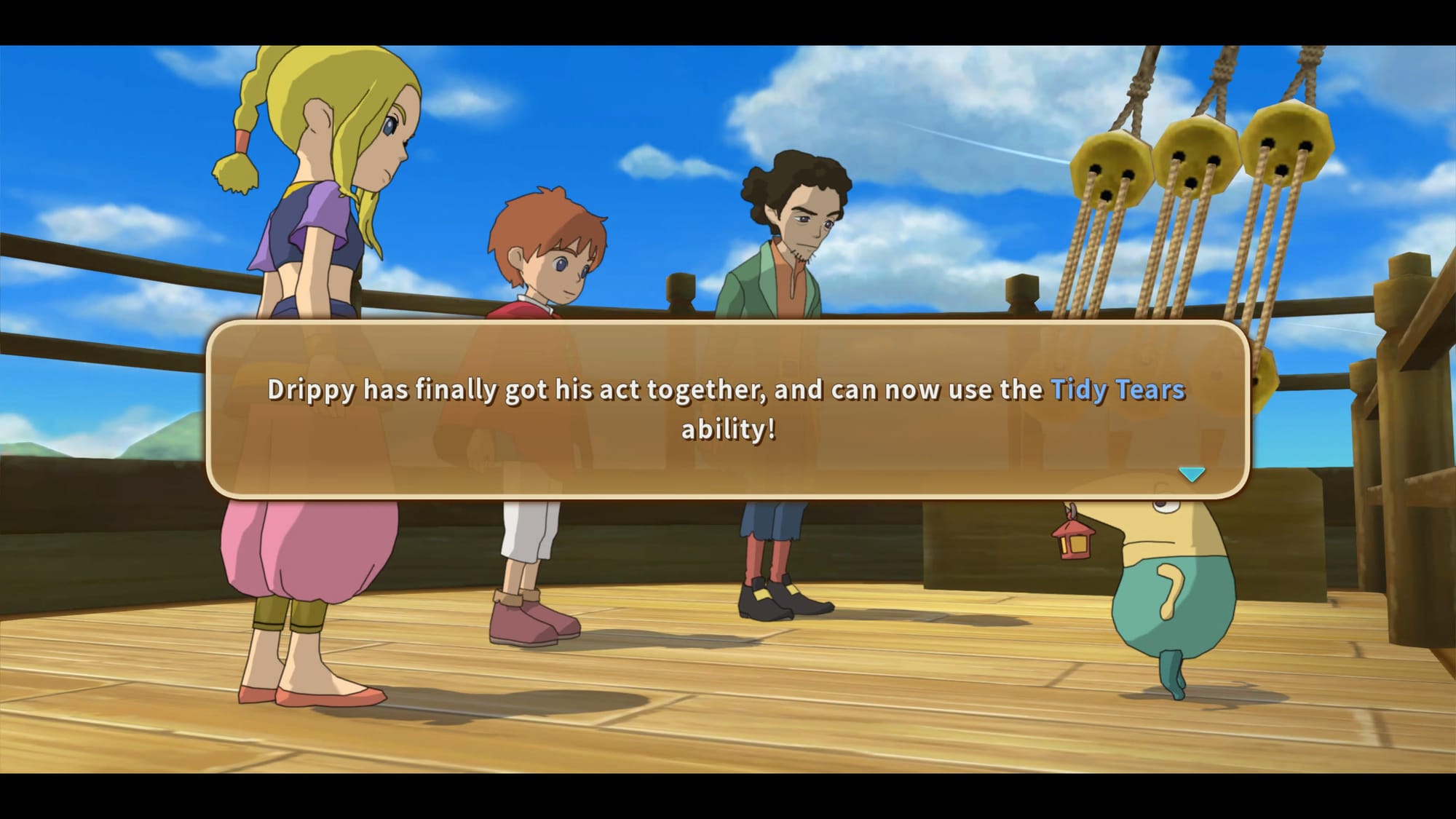
Things aren’t going to get better unless more of us stick around long enough to see the patterns of exploitation, coordinate to push back against them, and teach the next generation how to safeguard against them. We aren’t going to get better, more insightful, and thoughtful game reviews and critique by jeering from the back seats. People aren’t going to stick around unless you help them out. So, can we just try for a while to stop telling the new kids, “You should have seen how hard I had it?” and instead try to guide them through the part of their career where they are most likely to be exploited?
Giant Bomb recently got blown up after a dispute between its parent company and employees, and I took it hard. Partly because I am a huge fan of the site and have been for years, and partly because it was one of the view few places helping folks like me gain experience in front of a camera in the new media age.
Then, at PAX this last weekend, it was announced that Jeff Grubb and Jeff Bakalar had bought the site from Fandom. I've been thinking a lot about something that Grubb said after announcing that Giant Bomb is now owned by him, Jeff Bakalar, Jan Ochoa, Dan Ryckert, and Mike Minotti.
"I'm looking forward to just kinda realising that we're in the same space and trying to work together. One of the things I've learned is that we're not competing in any way. The community wants to support everybody and make this all happen, they want as much of this crazy bullshit as possible."
What’s next for games media? I really don’t know. I gotta believe people want to keep supporting games media and games criticism, but we have to lead by example and that starts by growing the fuck up, extending the ladder back down for those who come after and building from the bottom.




Comments ()